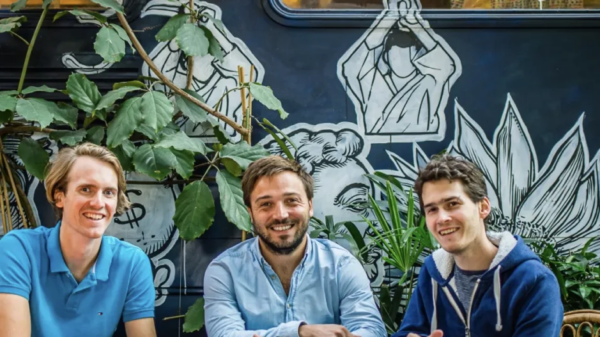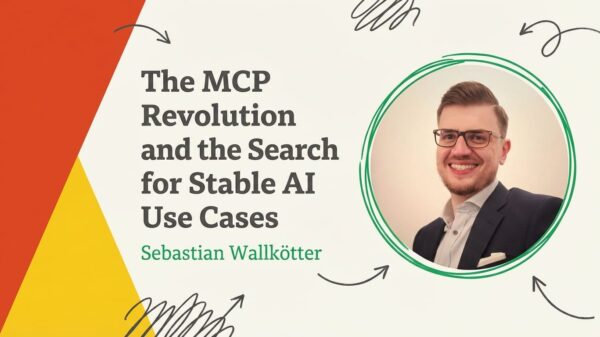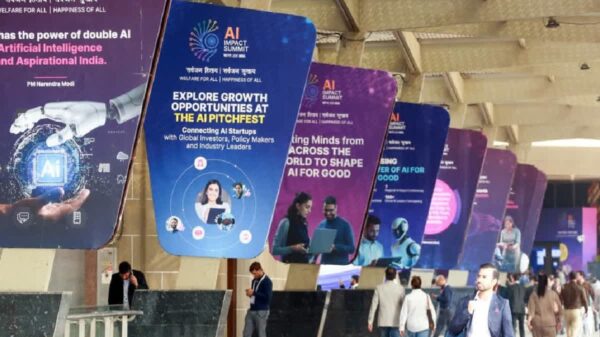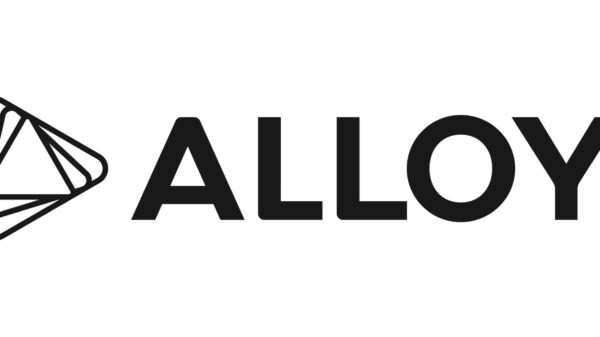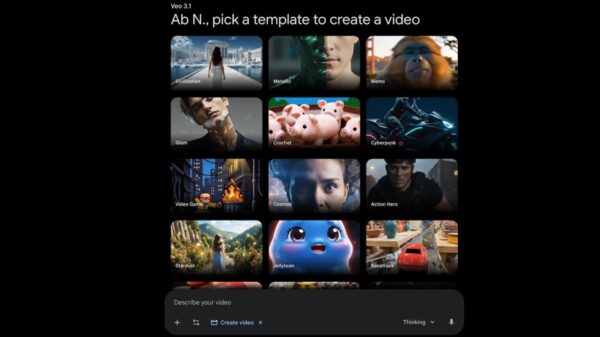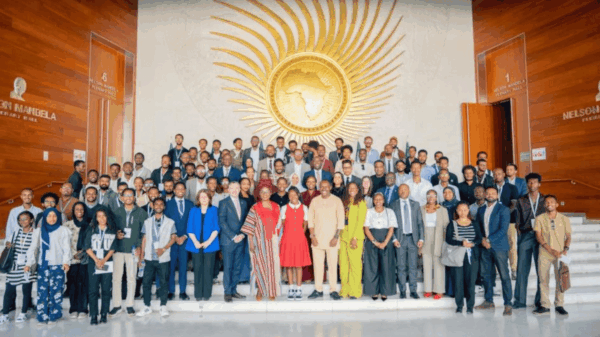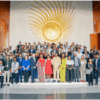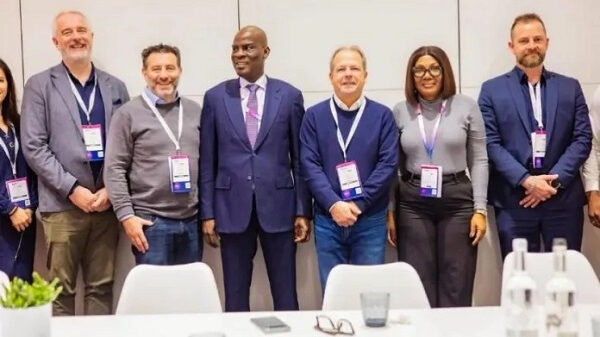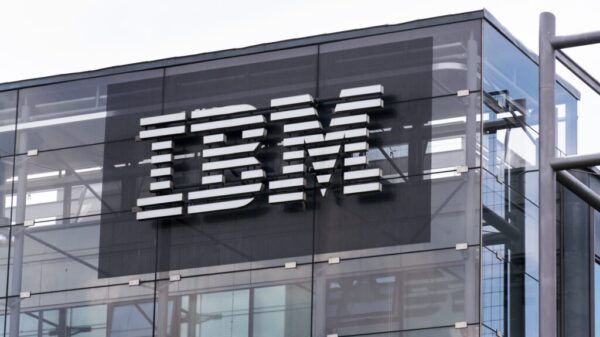A recent study from MIT Sloan Management Review and the Boston Consulting Group highlights a transformative shift in how organizations perceive agentic AI—with 82 percent of executives viewing these systems more as coworkers than as mere tools. This survey, which collected insights from 2,102 executives across 116 countries, signals a significant change in the workplace dynamics, particularly in Africa.
Unlike traditional and generative AI, agentic AI operates more like autonomous teammates, capable of executing complex tasks and adapting to new challenges without constant human oversight. On a global scale, an impressive 76 percent of executives already recognize the potential of agentic AI as “more like a coworker than a tool.”
Shervin Khodabandeh, managing director at BCG and co-author of the report, emphasized, “Agentic AI has the power to transform entire workflows and challenge existing business processes. The organizations that will succeed are those that reimagine their processes instead of simply imposing agentic AI onto existing structures.”
Interestingly, African respondents show an even stronger inclination to categorize AI agents as mentors and colleagues rather than just automated tools. This perspective emerges from the continent’s unique business environment, characterized by leaner workforces and a readiness to embrace new technologies, particularly in sectors like financial services, logistics, agriculture, and retail.
Looking ahead, the report reveals that executives expect AI to take on roles traditionally held by humans within three years. The proportion of executives forecasting AI acting as an assistant is set to soar from 26 percent to 61 percent, while those expecting it to serve as a coach and colleague rise from 13 percent to 42 percent and 11 percent to 35 percent, respectively.
In the words of Vibhor Rastogi, head of AI and APAC investments at Citi Ventures, “We believe these AI agents should be treated like coworkers who need to be trained, coached, and supervised.” He pointed out the inherent contradiction in managing systems that necessitate oversight yet function with a degree of autonomy akin to employees.
This sentiment echoes findings from various industry leaders featured in the report. For example, Steve Preston, CEO of Goodwill Industries International, remarked on the adaptability of AI in complex decision-making scenarios, particularly within supply chains that require significant human judgment.
African organizations, in particular, have a historical context of rapidly adopting technologies that leapfrog traditional systems. This inclination is evident in the swift integration of mobile banking and other digital platforms, making the incorporation of agentic AI a natural progression.
The report indicates that organizations embracing agentic AI are actively reconfiguring their workflows, governance structures, and hierarchical models. About 66 percent expect significant changes in organizational structure, and 62 percent predict greater human accountability in decision-making.
Interestingly, African executives are more likely to assert that these changes are actively underway, especially in financial services and logistics sectors. The report underscores that agentic AI is already outperforming both traditional AI and human collaboration, with up to 90 percent of respondents noting increased speed and 89 percent citing enhanced efficiency when collaborating with generative AI, compared to 48 percent and 58 percent, respectively, when working alongside humans.
This performance advantage is contributing to a growing consensus among African leaders who frame AI as a supportive partner rather than a threat to jobs. Many see AI as a means to address critical gaps within overburdened teams, with 95 percent of organizations that have extensively adopted AI reporting enhanced job satisfaction due to the technology enabling employees to concentrate on higher-value tasks.
By considering AI as a teammate, organizations in Africa may be better equipped to navigate the complexities that arise from balancing control with autonomy, scalability with adaptability, and experience with expediency. However, caution is advised; as Margery Connor, chief data and analytics officer at Chevron, noted, “The fast-paced development of agentic AI requires organizations to be agile while consistently upholding their governance standards.”
See also Balfour Beatty Integrates Microsoft 365 Copilot, Achieves 75% Productivity Boost
Balfour Beatty Integrates Microsoft 365 Copilot, Achieves 75% Productivity Boost Clifford Chance Cuts 10% of London Staff Amid AI Integration, Restructures Roles
Clifford Chance Cuts 10% of London Staff Amid AI Integration, Restructures Roles LCPC AI Enhances Decision-Making Tools Amid Digital Asset Market Volatility
LCPC AI Enhances Decision-Making Tools Amid Digital Asset Market Volatility Jimdo Launches AI Chatbot Companion, Boosting Inquiries by 40% for Small Businesses
Jimdo Launches AI Chatbot Companion, Boosting Inquiries by 40% for Small Businesses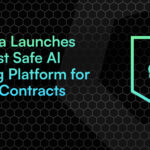 Certora Launches Open-Source AI Composer with Integrated Formal Verification for Smart Contracts
Certora Launches Open-Source AI Composer with Integrated Formal Verification for Smart Contracts

